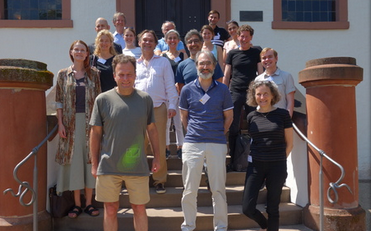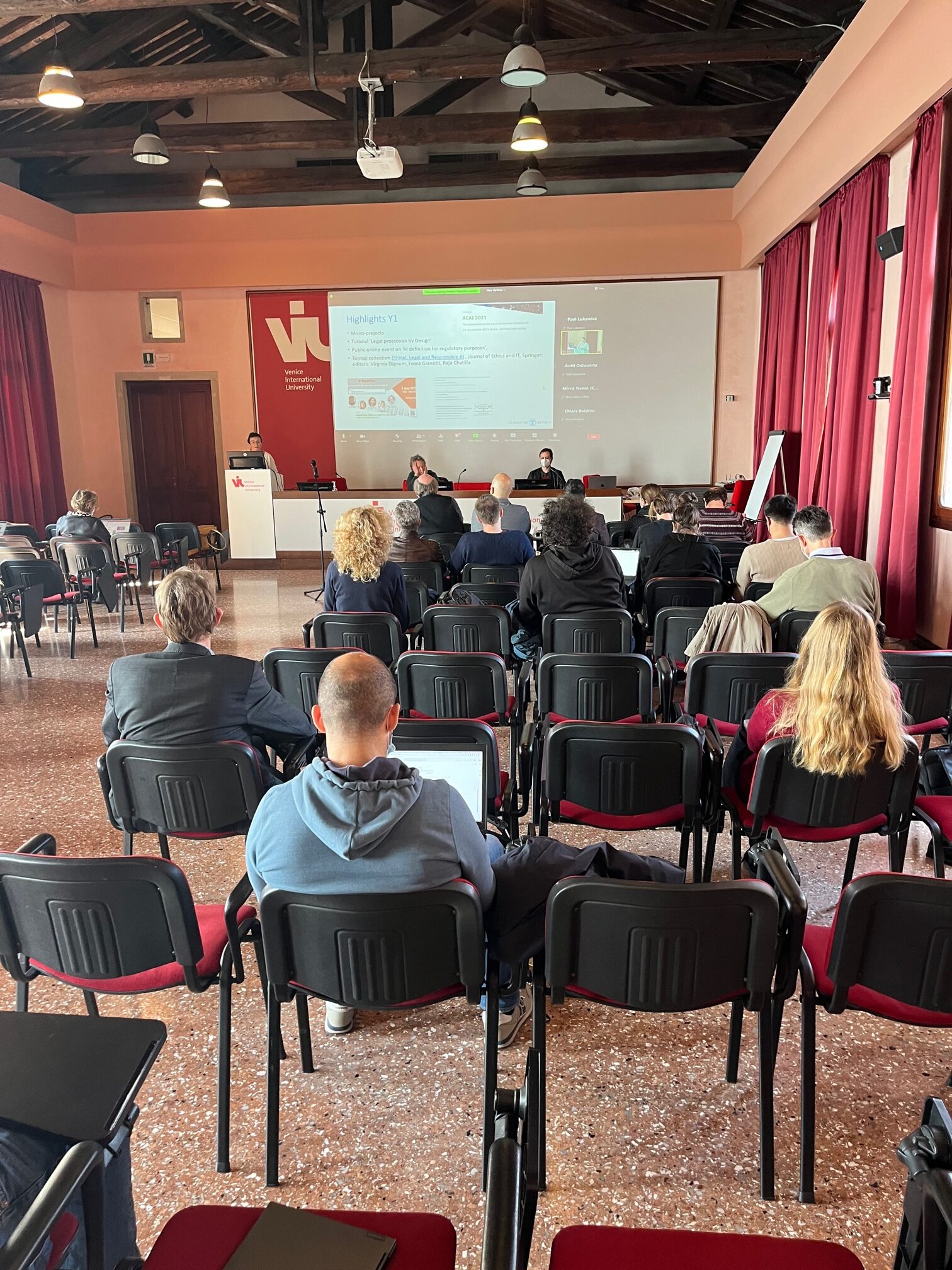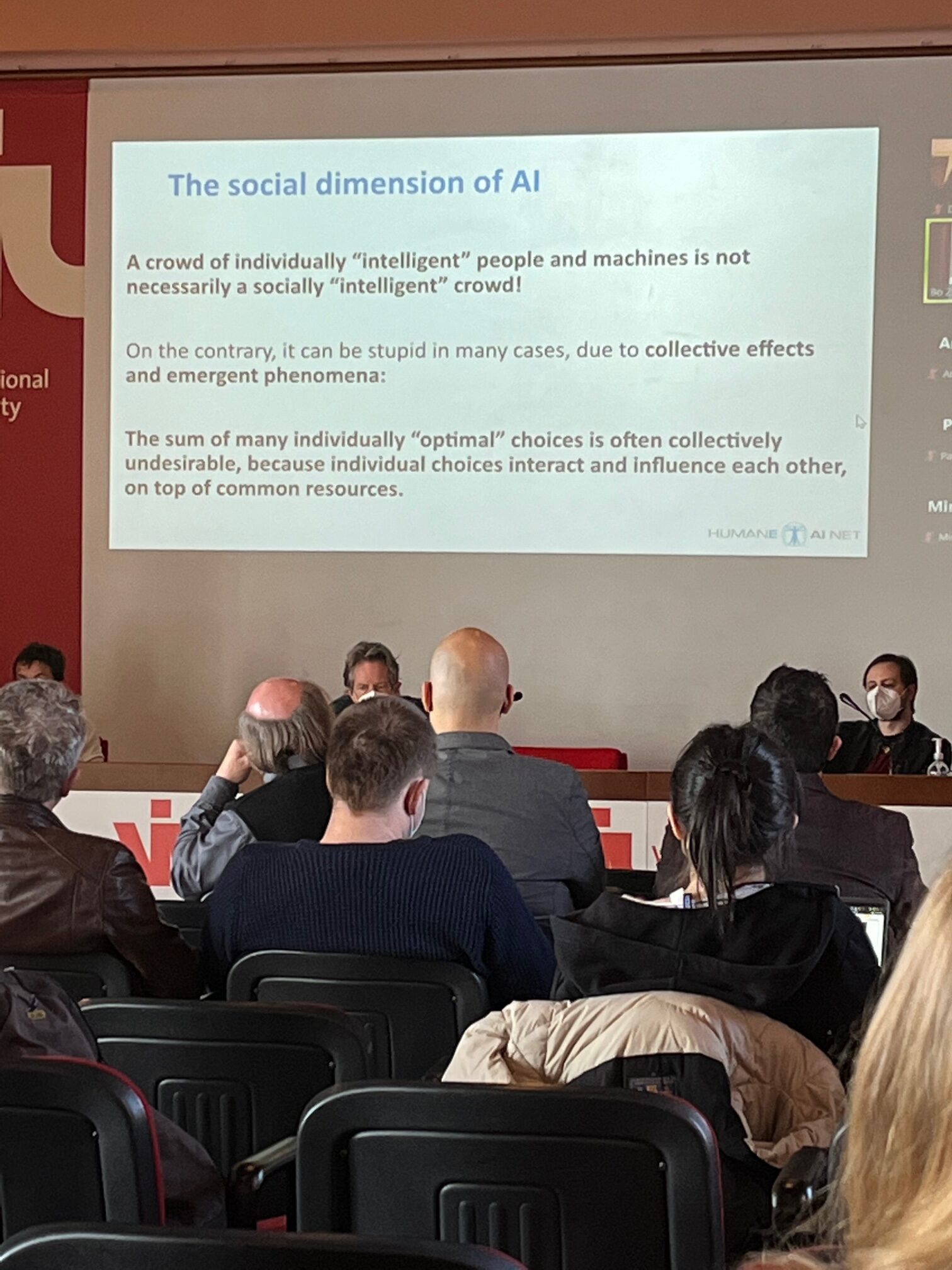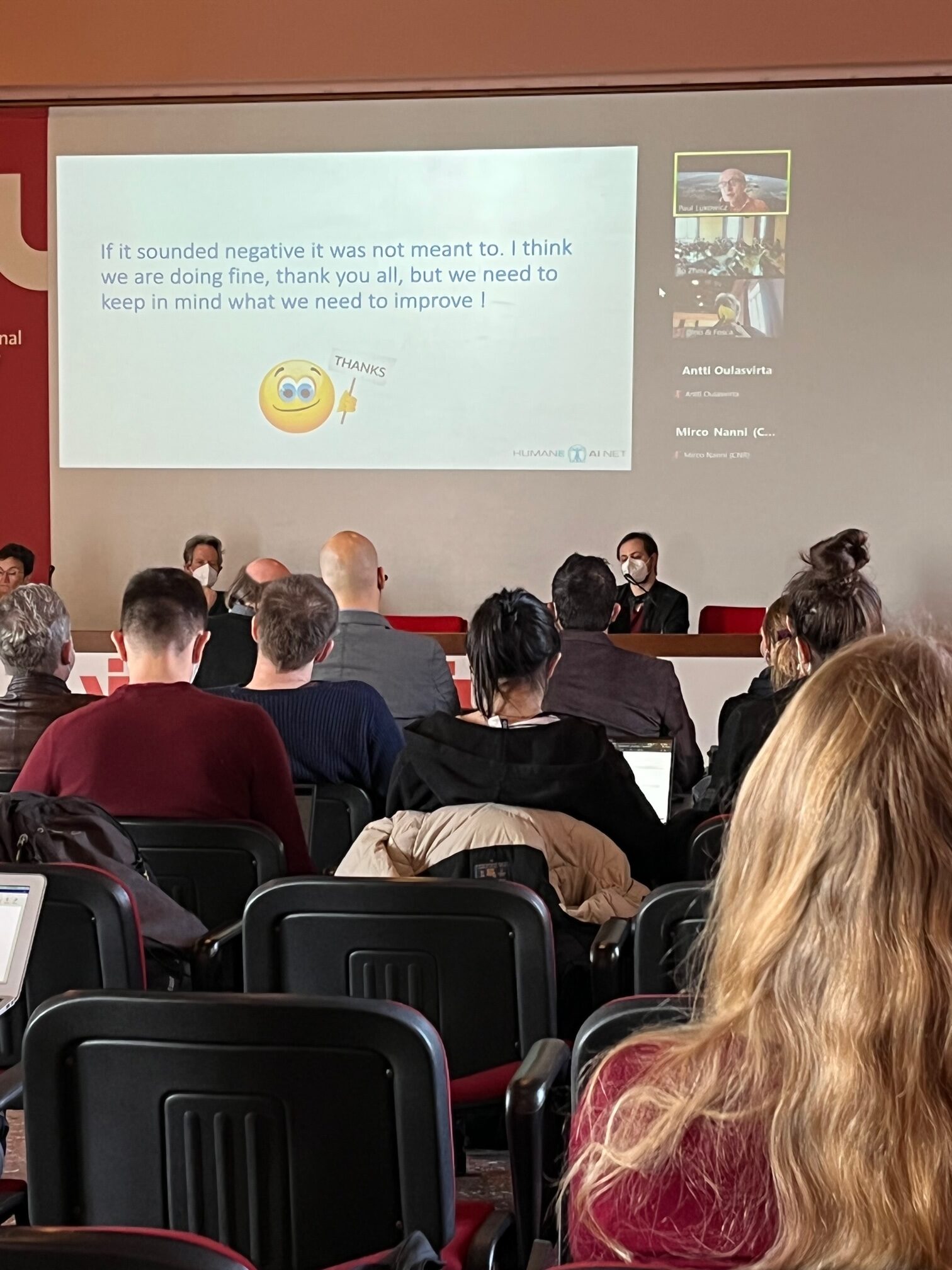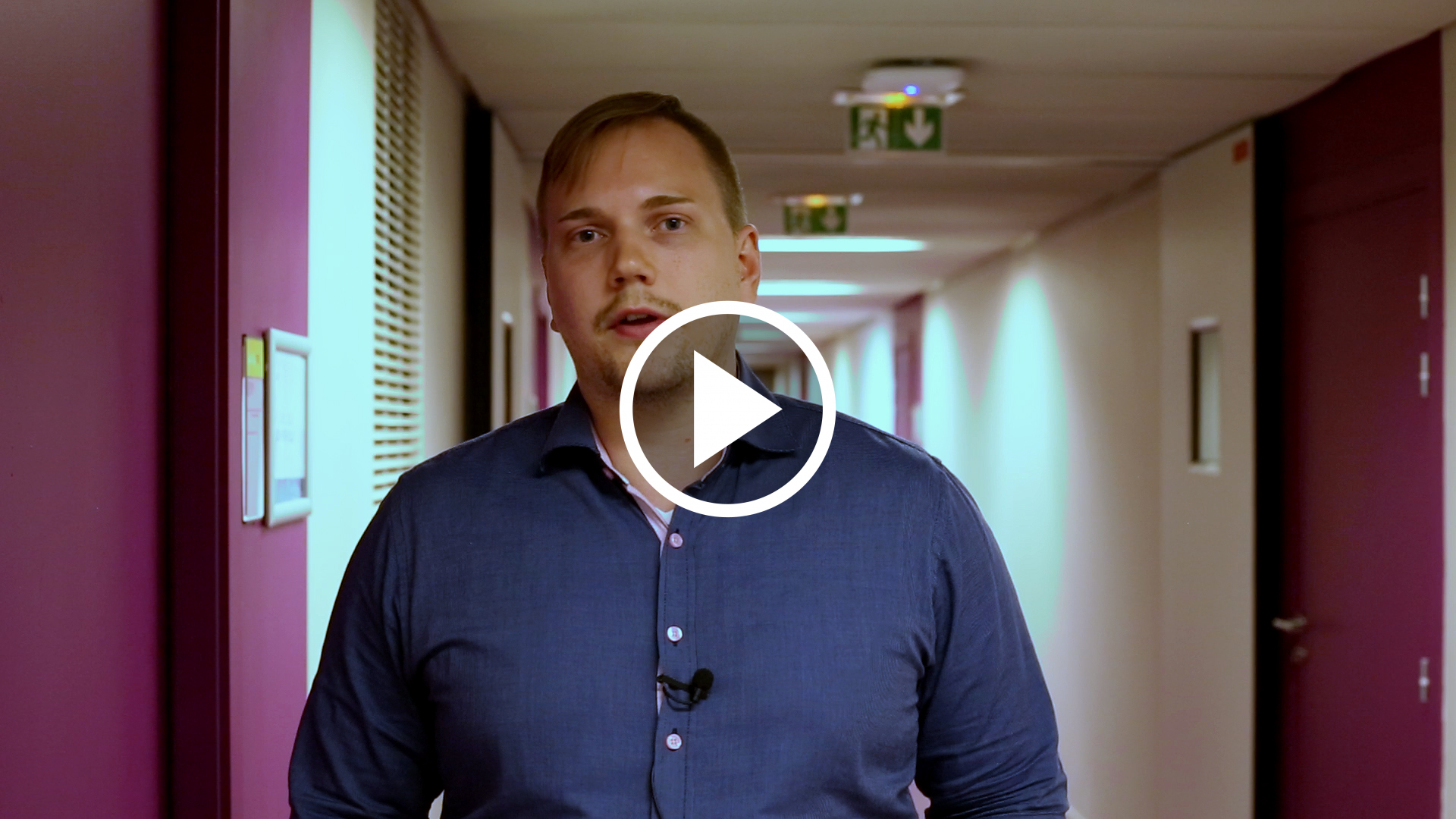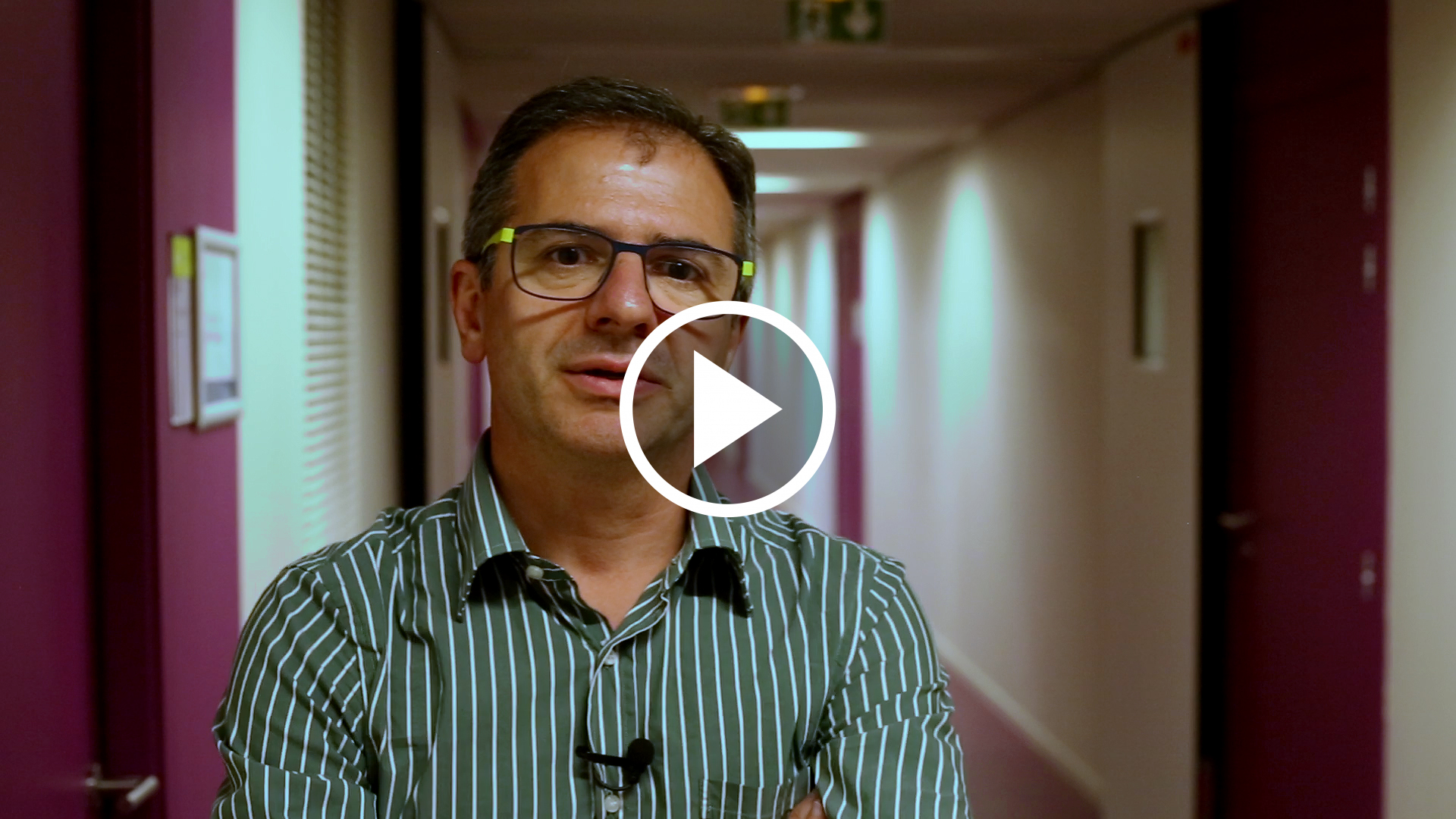Knowledge 4 All Foundation Completes Successful Engagements in European AI Excellence Network HumanEAI-Net
Knowledge 4 All Foundation (K4A) is pleased to announce the successful completion of its engagements in two prominent European Networks of Artificial Intelligence (AI) Excellence Centres: the HumanE AI Network. These initiatives have been instrumental in advancing human-centric AI research and fostering collaboration across Europe.

The HumanE AI Network, comprising leading European research centres, universities, and industrial enterprises, has focused on developing AI technologies that align with European ethical values and societal norms. K4A’s participation in this network has contributed to shaping AI research directions, methods, and results, ensuring that AI advancements are beneficial to individuals and society as a whole.
K4A remains committed to advancing AI research and development, building upon the foundations established through these collaborations. The foundation looks forward to future opportunities to contribute to the global AI community and to promote the responsible and ethical development of AI technologies.












